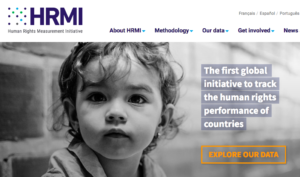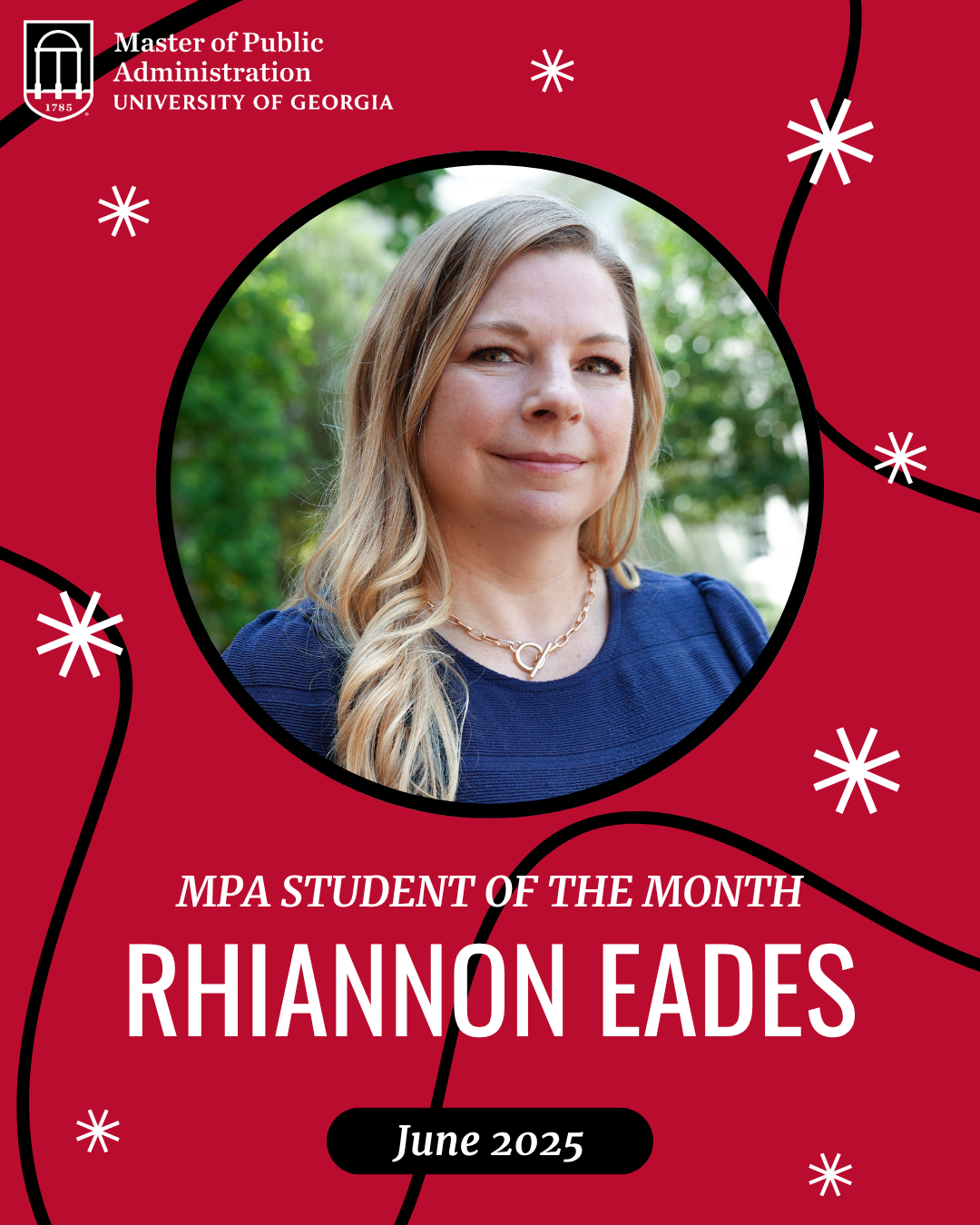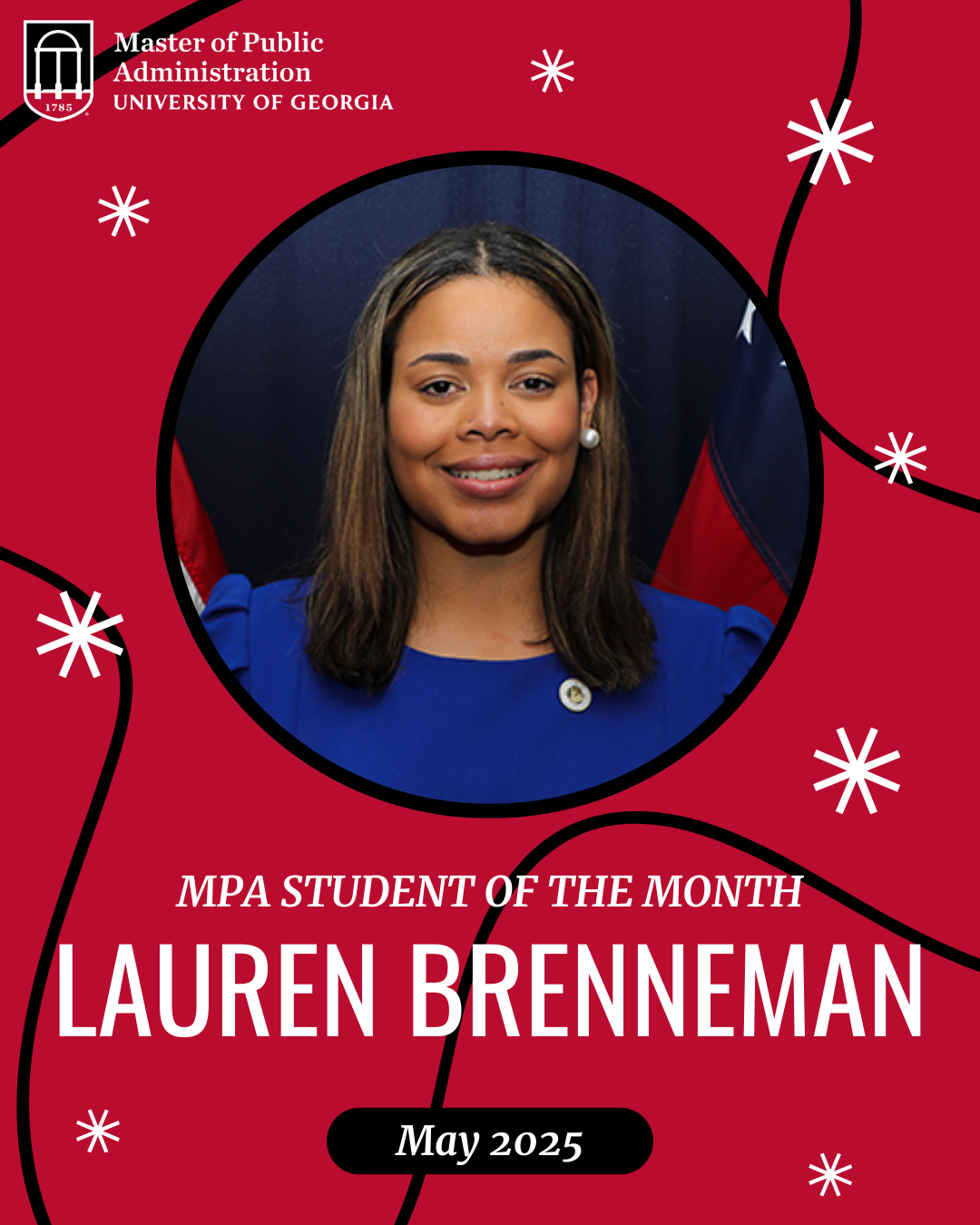
SPIA’s researchers and professors Dr. K. Chad Clay and Dr. Amanda Murdie have most recently been in the UGA news for their work with the Human Rights Measurement Initiaive (HRMI). HRMI was started by a group of researchers, including four from UGA, as a way to address the lack of consistent information about human rights abuses around the world and seeks to eventually provide data on every human rights issue for every country in the world.
However, HRMI isn’t the only thing Clay and Murdie have been working on. They also have a new article now available online called, “Join the Chorus, Avoid the Spotlight: The Effect of Neighborhood and Social Dynamics on Human Rights Organization Shaming.” In this article, Clay, Murdie, and Dr. Sam Bell, a researcher from Kansas State, demonstrate which countries are likely to have their human rights abuses ignored by human rights organizations (HROs) and why.
As Clay and Murdie discuss, the likelihood that countries’ human rights abuses will be ignored depends on their geographic and social peers. A country that commits a large amount of human rights abuses is more likely to be “called out” for it if the countries surrounding them commit a relatively small amount of human rights abuses. Another way a country might be more likely to be called out for committing human rights abuses is if it is located in a region with more HRO resources.
In “Join the Chorus, Avoid the Spotlight” Clay and Murdie contend that countries can avoid the spotlight that HROs, the media, and other countries put on them for their human rights abuses by signing human rights treaties or “joining the chorus.” Murdie and Clay contend that abusive countries can use human rights treaties as a form of “social camouflage,” to avoid the spotlight but continue committing human rights violations.
Murdie and Clay conclude their article by emphasizing the importance of not allowing abusive states to camouflage their abuse. “For human rights change to occur, HROs must acknowledge not only how a state compares to its neighbors but how a state compares to the ideals set forth in the Universal Declaration of Human Rights. Without doing so, geographical areas with poor human rights practices are unlikely to improve.”
Dr. Murdie has another article recently out in print in the British Journal of Political Science, “Human Rights, NGO Shaming and the Exports of Abusive States,” and a forthcoming article with Political Research Quarterly, “International Development NGOs and Bureaucratic Capacity: Facilitator or Destroyer.”
Dr. Clay also has a few recent articles including “Threat by Example: Economic Sanctions & Global Respect for Human Rights” in the Journal of Global Security Studies and “The Physical Consequences of Fiscal Flexibility: Sovereign Credit & Physical Integrity Rights” in the British Journal of Political Science.
—
For more information about the Human Rights Measurement Initiative, visit: https://humanrightsmeasurement.org/









